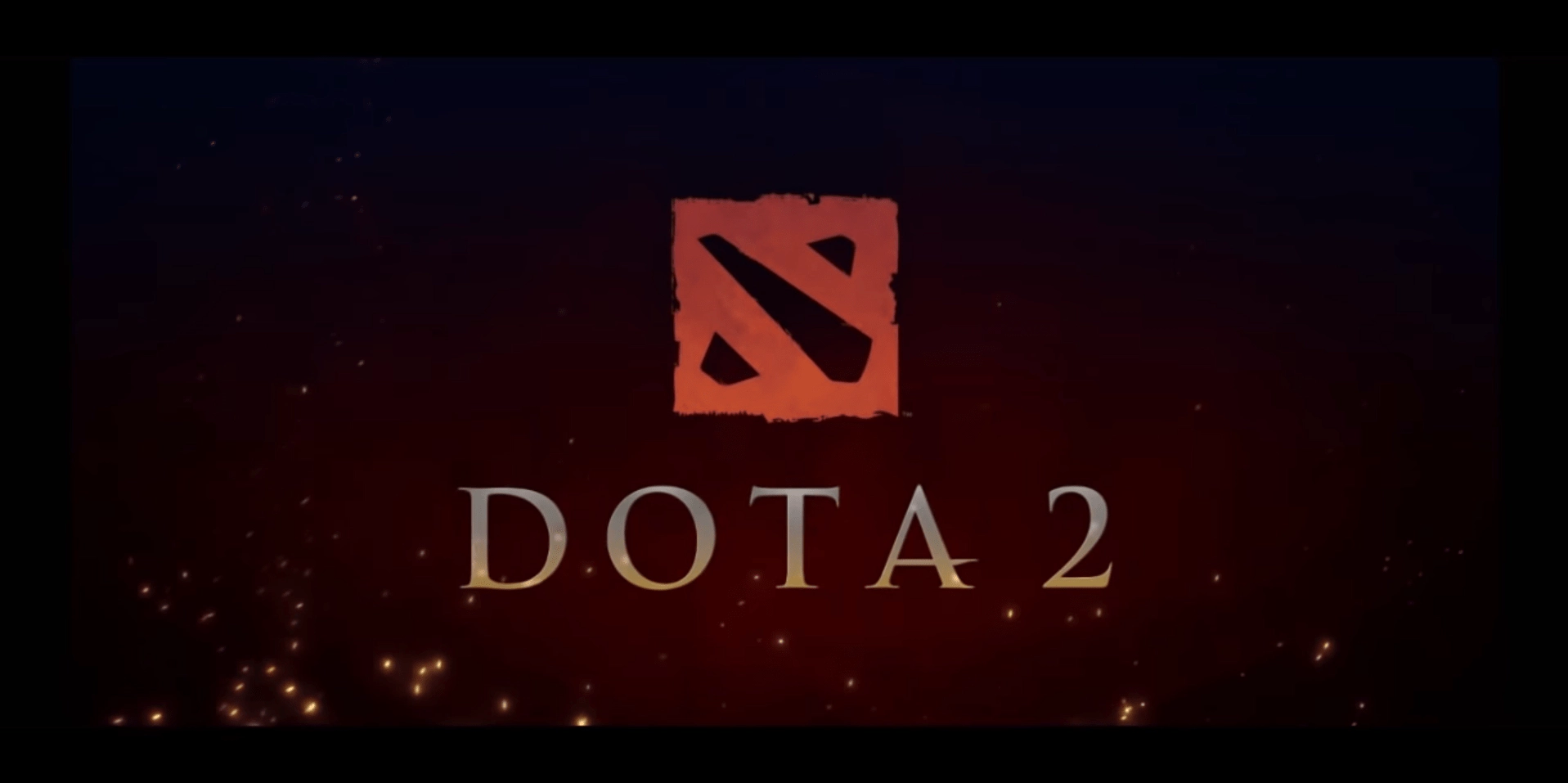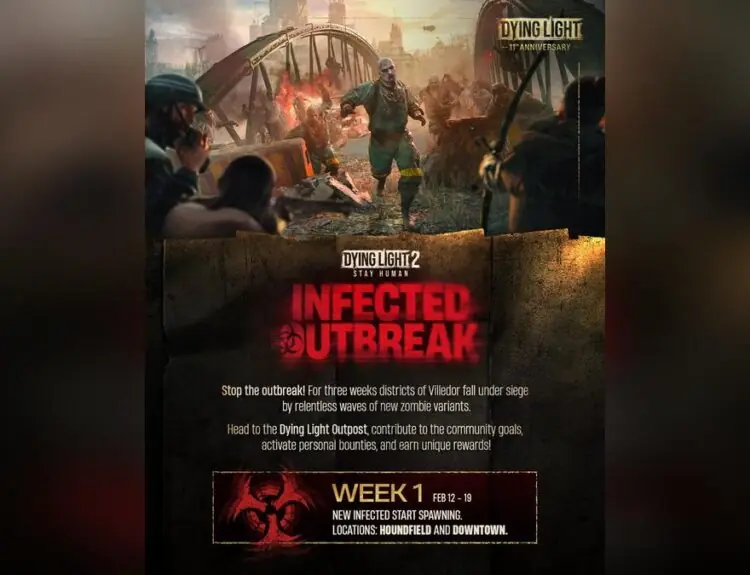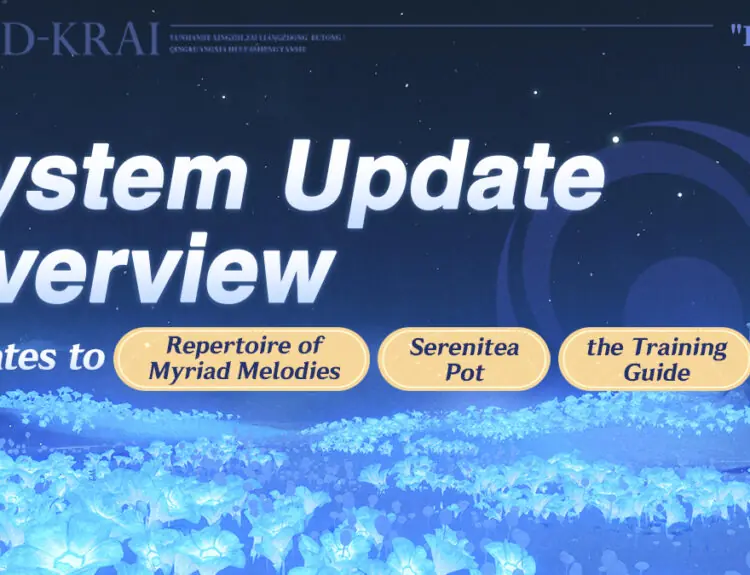The best games are always changing and improving. To make a patch that changes things for the better instead of just needlessly changing them, though, takes a great amount of data. Valve and the team behind Dota 2 understand the need for this data and are working to make sure they gather it properly.
In a recent patch update, the Dota 2 team announced that they would be introducing a new system to gather data so that they could better make changes. This data is expected to help them predict changes that are difficult to foresee without having to observe a massive number of games, such as changes to the gold bounty formula.
“We expect the number of times that we actually do this during the year to be very low, however when we do it it’ll be during weekdays only at the lowest point of user activity, between 4 and 6pm Seattle time,” Valve’s announcement reads. “In addition, we’re adding a convar ‘dota_disable_experimental_gameplay’ that can be used by players to disable it. Any gameplay changes will only be active in matchmaking games where no players have the convar set.”
From the way Valve writes about it, it seems that the new system they’re bringing in is going to be significantly obtrusive on normal gameplay. They mention knowing that players will “back solve” some of the applied changes, but that they won’t be announcing changes themselves in part because they don’t want players to overcompensate with the knowledge of the changes. Additionally, they prefer to not reveal potential upcoming changes, likely because they don’t want the fanbase to be expecting changes that never come, and vice versa.
Today's update introduces the Treasure of the Fallen Cinder, featuring eleven new item sets — including a rare set for Phoenix and very rare set for Wraith King. pic.twitter.com/hD4KFEqFnU
— DOTA 2 (@DOTA2) March 2, 2020
In closing, they discuss how the changes they are discussing, using gold distribution as the example once more, take more than a few games to show their impact. Utilizing this system, however, they feel that they’ll be able to get a significant amount of meaningful data to analyze the potential direction and scale of changes that they’ll be making in the future.
It will be interesting to see how the Dota 2 community responds to this new change, or how much it will actually affect the general gameplay of your average match of Dota. It seems that it must make a sizeable impact on the gameplay if they intend to only utilize it at low points of activity.
The team also mentions that the changes will never be active in lobby and league games. Likely, they don’t anticipate the sudden changes to gameplay being well-received in your average match, so it makes sense that they would keep this new system in a practical quarantine.
Either way, more data can only mean more improvements, so hopefully, we’ll see some additions to Dota as the months go on.







